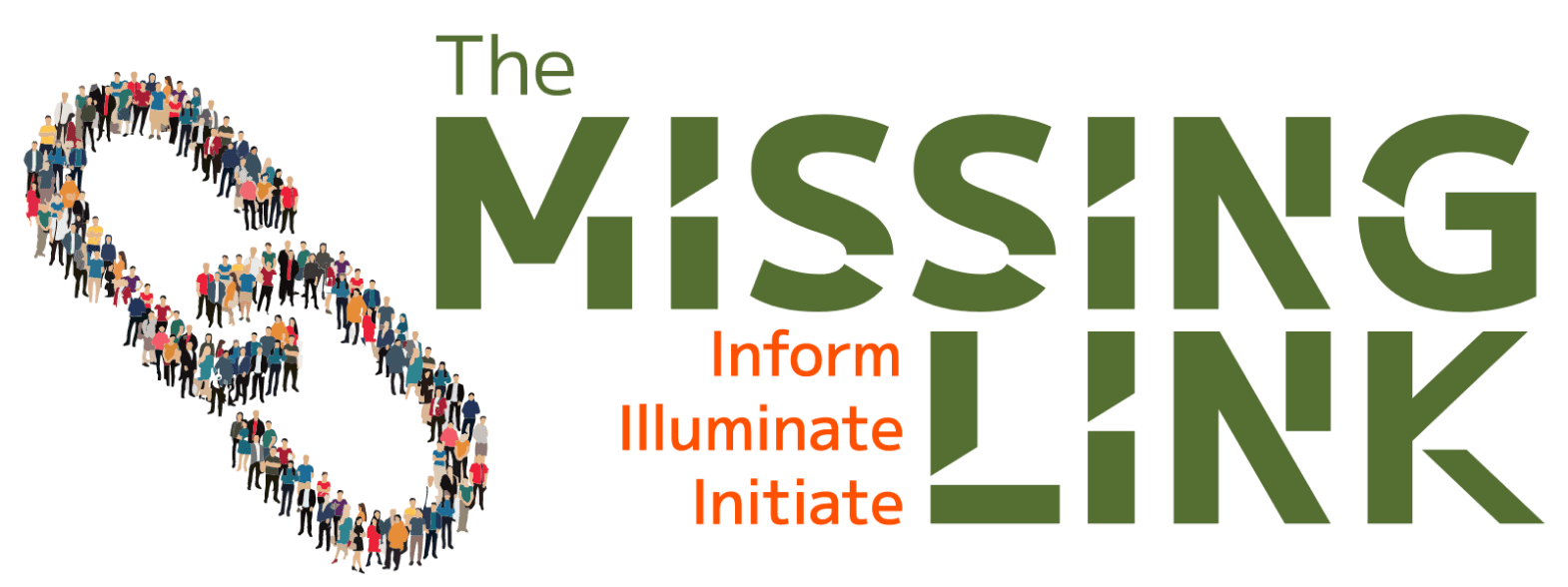There are fewer daily morning rituals as universally consistent than say brushing one’s teeth, sipping on freshly brewed coffee, or checking the daily news at the start of each day. If not for our propensity to actively seek out information, and distilling it into knowledge to be passed on, human evolution would have stayed at the pace of our fellow species, or worse. At its very core, this act of keeping ourselves informed is an existential exercise. It is also a re-affirmation of our identity individually and collectively, affecting the choices we make for ourselves and our families. As an adaptation response we are constantly maneuvering our lives in the context of a dynamic world, unlearning old ways while learning new ones based on information acquired. If it is any surprise this is how we begin our days, with fresh breath in our mouth, our body caffeinated and an assurance from the news that at some level what we are about to set out to do for the day is necessary, relevant, and rewarding.
The other morning like any regular Joe, I was getting my dose of daily news scrolling through the newsfeed when I realized, unlike in days past, no one is even reading or listening to the same news anymore. We each have our own gadgets, channels, sources, formats. There is a dizzying array of versions of the same news personalized before its siphoned to feed our minds. These portrayals are designed to guarantee our attention, and to elicit a visceral reaction from us. Filtered news, pushed, and parsed, to us under the guise of information is geared to validate our pre-existing beliefs and to confirm whatever bias we might already hold. Relinquishing our ability to see things for what they are only to see them instead as who we are is antithetical to change-adaptation. This behavior is leading us to break away into splintered homogenous tribes, each tribe professing their own truths, and fabricated reality. Within these tribal bubbles the version of truth and reality you subscribe to is further fanned and reinforced with relentless bombardment of audio-visual evidence that you cannot tell the difference between fakes and deep fakes (and with whatever else artificial intelligence is bringing down the pike). For all the super-human technological advancements we have made, our emotions are still every bit human, same as always, paleolithic. The notable American biologist E O Wilson said it best, “The problem with humanity today is that we have paleolithic emotions, medieval institutions and God-like technology.” We have managed to adulterate truth, knowledge, and reality down to a set of degenerate variants creating this illusory matrix we inhabit, acting like our lives depended on it.
Former Design Ethicist at Google, and the Founder of the Center for Humane Technology, Tristan Harris identifies the following four ways the current Technology Business Models continue to enslave us unabated.
- The race to keep us on screen 24/7 makes it harder to disconnect, increasing stress, anxiety, and reducing sleep causing a mental health crisis.
- The race to keep children’s attention trains them to replace their self-worth with likes, encourages comparison with others, and creates the constant illusion of missing out.
- The race for attention forces social media to prefer virtual interactions and rewards (likes, shares) on screens over face-to-face community.
- Social media rewards outrage, false facts, and filter bubbles – which are better at capturing attention – and divides us so we can no longer agree on truth.
We operate our devices like we are customers in control, when in fact we have switched into products that are controlled. Will artificial intelligence only exponentially amplify this phenomenon or are we self-aware to recognize the path of self-destruction that we are on and willing to make changes in time before it is far too late to salvage humanity? We do not have a Neo to save us from the matrix, it is up to each of us to rewire our thought and behavior patterns purposefully and intentionally. Here are a few ways how.
Know yourself: Despite your self-assuredness the world is constantly eager to grab and use you, label you and brand you to its convenience, imagine the identity crisis when you do not. Reflect with honesty and self-compassion, know yourself, unbecome and shed what is not you. Better yourself by aligning your beliefs, values, and innate gifts with your life-choices. Be very discerning in your definition of a well-lived life, why you do what you do. So much of your mental health, self-confidence and contentment in life lies in this one single exercise.
Socialize in person: Plug directly back into humanity through in person meetups, join group activities. Play any sport or game in person, cook together or for one another. If possible foster intergenerational gatherings, and interactions. Being next to each other reminds us how much more we have in common than the differences that separate us. Studies show there is a correlation between the richness of one’s relationships with others and overall good health. Quell the loneliness and depression epidemic sweeping across the globe.
Get outdoors: Physical outdoor activity has a direct bearing on the brain’s cognitive functions and abilities. Do not underestimate the power of a simple outdoor walk to clear your mind. Reconnect with nature, feel that earth both under your feet and between your fingers. Allow sunlight and the breeze to caress your face and the rain to wash over your skin. Listen to nature and the intermissions of silence between. Know you are but just a part of an interconnected whole. Keep that wonder and awe alive, do not let it flicker out on you.
Express gratitude: When chasing goals, especially ones that tend to be moving ones, it is easy to ignore, not see our past accomplishments and the people who have patiently supported and loved us through it all. As the saying goes, stop, and smell the flowers, appreciate the goodness in life and the good people in our lives. Take the time to show and tell them that. Do not let anyone shame you into someone else’s success. That is when you come up feeling empty after achieving everything you made on the list, because it was not your list to begin with. Do not let success be your sole path to reach happiness. A happy life is a string of happy moments. Be grateful for them, and mindful of them, they slip away far too quick.
Make others happy: According to five studies by the Journal of Positive Psychology, trying to make other people happy makes us happier than trying to make ourselves happy. As counter intuitive as this might sound, simple, random acts of kindness that do not cost you time or money can do us a world of good. It could just be lending a listening ear, offering to pray, or holding a door for someone struggling with their kids and grocery bags. Hm, the next time I use ‘altruism’ I will have to pause and reconsider its use.
Reflection, the outdoors, mindfulness, gratitude, kindness, and social connection. These are, my friends, our keys to break out of the matrix, all so elementary we have known them since we were kindergartners. Maybe Robert Fulghum was not being facetious when he titled his essay, All I really need to know, I learned in kindergarten.


